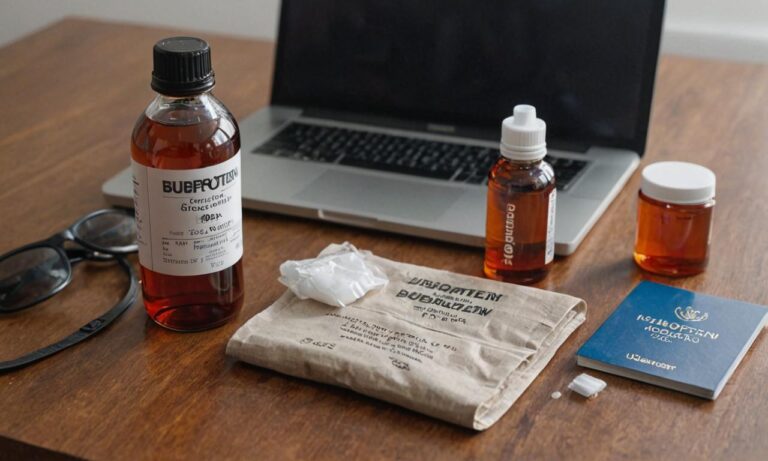Traveling can sometimes come with its own set of challenges, especially when it comes to what you can and cannot bring on a plane. Among the many questions that travelers have is whether they can bring ibuprofen, a commonly used over-the-counter pain reliever, on a plane. Let’s delve into this topic to provide you with the necessary information for your next journey.
Understanding Ibuprofen
Ibuprofen is a nonsteroidal anti-inflammatory drug (NSAID) commonly used to relieve pain, reduce inflammation, and lower fever. It is widely available in various forms, including tablets, capsules, and liquid gels. Many people rely on ibuprofen to manage aches and pains during travel, making it an essential item for some.
Transportation Security Administration (TSA) Guidelines
When it comes to carrying medications, including ibuprofen, aboard a plane, travelers should adhere to the guidelines set forth by the Transportation Security Administration (TSA) in the United States. The TSA allows passengers to bring medications in pill or solid form through security checkpoints, including ibuprofen.
Rules for Packing Medications
While ibuprofen is permitted on planes, it’s essential to pack it properly to ensure a hassle-free experience at airport security. Here are some guidelines to follow:
- Keep medications in their original packaging to facilitate identification.
- If you’re carrying prescription medication, ensure it’s labeled with your name.
- Place medications in a separate bag or pouch for easy accessibility during security screening.
International Travel Considerations
For travelers embarking on international journeys, it’s crucial to be aware of the regulations governing medications in the destination country. While many countries have similar rules regarding carrying medications, it’s wise to research specific requirements beforehand.
Consulting with Healthcare Professionals
If you have any concerns about traveling with ibuprofen or any other medication, consulting with your healthcare provider or pharmacist is advisable. They can offer guidance tailored to your individual needs and health status.
In summary, travelers can typically bring ibuprofen on a plane in accordance with TSA guidelines. However, it’s essential to pack medications properly and be aware of any additional regulations when traveling internationally. By following these recommendations and consulting with healthcare professionals as needed, travelers can ensure a smooth and comfortable journey.
Packaging and Labeling Requirements
Along with keeping medications in their original packaging, it’s important to ensure that the labels on prescription medications are legible and include your name. This helps airport security personnel easily identify the medication and verify its authenticity.
Alternative Pain Relief Options
While ibuprofen is a popular choice for pain relief during travel, there are alternative medications and methods available. Acetaminophen, for example, is another over-the-counter pain reliever that may be suitable for those who cannot take ibuprofen due to allergies or other medical reasons. Additionally, non-medication options such as hot or cold packs, stretching exercises, and relaxation techniques can also help alleviate discomfort during travel.
Frequently Asked Questions
| Question | Answer |
|---|---|
| Can I bring a large quantity of ibuprofen on a plane? | While there are generally no restrictions on the quantity of ibuprofen you can bring for personal use, it’s advisable to carry a reasonable amount for the duration of your trip. Excessive quantities may raise suspicion during security screening. |
| Are there any specific rules for transporting liquid ibuprofen? | Like other liquid medications, liquid ibuprofen is subject to the TSA’s 3-1-1 rule, which limits containers to 3.4 ounces (100 milliliters) or less per item. These containers must be placed in a single quart-sized, clear, plastic, zip-top bag. |
| Can I bring ibuprofen in my carry-on luggage or checked baggage? | Ibuprofen can be packed in either your carry-on luggage or checked baggage. However, it’s recommended to keep medications in your carry-on bag for easy access during the flight. |
See also:






